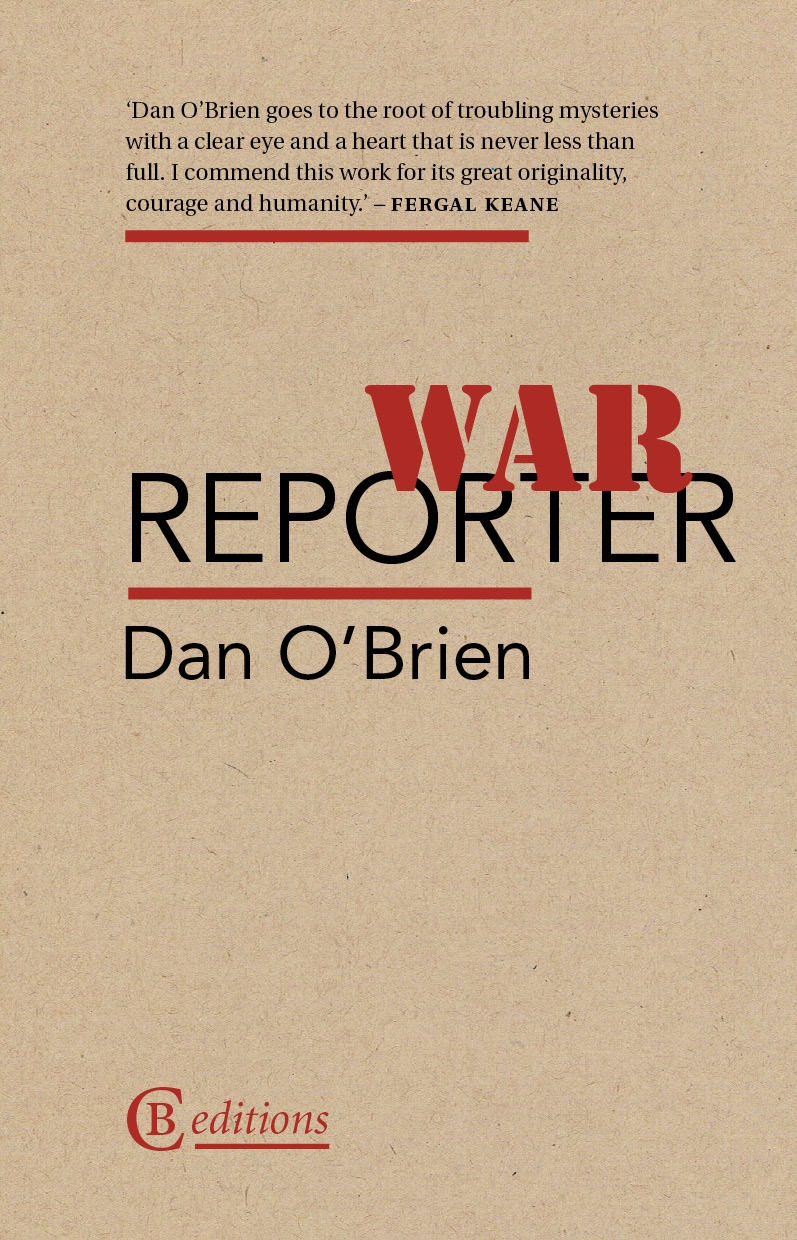The editors selected twenty stories from more than three hundred submitted by literary journals, magazines, and small presses and arranged them to make up New Stories from the Midwest 2012. Editors Jason Lee Brown and Shanie Latham explain that the goals of the series are to “celebrate an American region that is often ignored in discussions about distinctive regional literature and to demonstrate how the quality of fiction from and about the Midwest (Illinois, Indiana, Iowa, Kansas, Michigan, Minnesota, Missouri, Nebraska, North Dakota, Ohio, South Dakota, and Wisconsin) rivals that of any other region.” In the introduction, Guest Editor John McNally, born and raised in the Chicago suburb of Burbank, writes: “If all politics is local, as Tip O’Neill once famously declared, then so is all fiction. The best fiction, it seems to me, is always strongly rooted in place.” These stories are linked by place, specifically the Midwest, where fierce winds blow in off the plains, corn stalks tower in ubiquitous rolling fields, snow begins before Thanksgiving and lasts long into spring, and ice freezes summer lakes. While the landscape and weather provide the settings and common themes for these stories, their universal appeal lies in the characters whose lives inhabit them. Continue reading “New Stories from the Midwest 2012”

 War Reporter tells a compelling story of war, conflict, and torment of the human spirit through a collection of poems based upon Dan O’Brien’s research, email exchanges, and interviews with photojournalist Paul Watson. Often the poems’ narrator is “The War Reporter Paul Watson on […]”. One of the most brilliant devices used in these poems is the heavy use of imagery. This comes as no surprise as these poems are being told from a photojournalist’s perspective. Very few poems from Watson’s narration read as his thoughts on a particular subject as much as they read like a series of snapshots through his photojournalistic lens to show his story. An example of this comes from “The War Reporter Paul Watson Considers the Peacekeepers”:
War Reporter tells a compelling story of war, conflict, and torment of the human spirit through a collection of poems based upon Dan O’Brien’s research, email exchanges, and interviews with photojournalist Paul Watson. Often the poems’ narrator is “The War Reporter Paul Watson on […]”. One of the most brilliant devices used in these poems is the heavy use of imagery. This comes as no surprise as these poems are being told from a photojournalist’s perspective. Very few poems from Watson’s narration read as his thoughts on a particular subject as much as they read like a series of snapshots through his photojournalistic lens to show his story. An example of this comes from “The War Reporter Paul Watson Considers the Peacekeepers”: